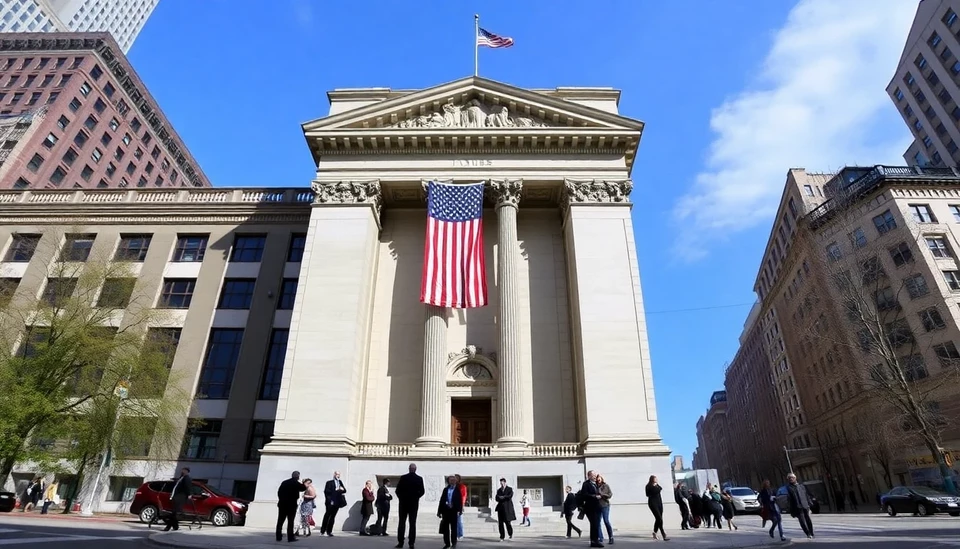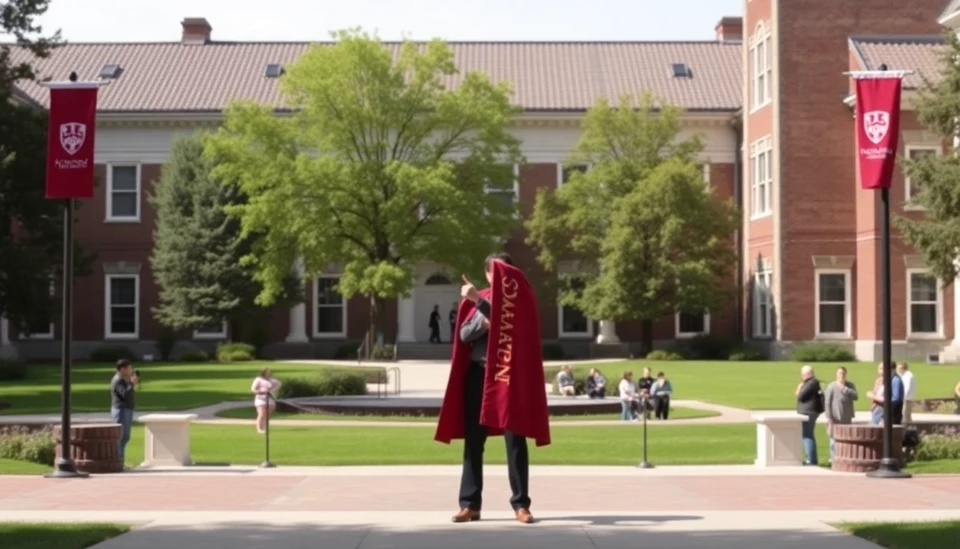
In a surprising turn of events, the Trump administration's recent decision to halt federal funding for certain community lending programs has sparked significant concern among investors and advocates alike. As Wall Street firms play an increasingly essential role in community development financing, this abrupt federal action has raised questions about the future of such investments.
The funding freeze directly affects a range of programs designed to provide financial resources to underserved communities across the United States. These initiatives have been crucial in promoting economic growth, improving neighborhoods, and fostering development in areas that are often overlooked by mainstream financial institutions.
During a time when many low-income urban areas are facing critical challenges, including rising housing costs and unemployment, the halt in federal funding is seen as a detrimental blow. Analysts worry that this move could lead to reduced access to capital for community-based projects, ultimately hindering the growth and rehabilitation of neighborhoods in dire need of investment.
Moreover, Wall Street's involvement in community lending has been a topic of increasing scrutiny. The practices of many financial institutions have been called into question, particularly regarding their commitment to equitable lending and investment strategies. Some experts believe that without clear federal support, these lenders may prioritize profit over community needs, potentially exacerbating existing inequalities.
Leading up to the funding freeze, the Trump administration has faced criticism over its policies affecting low-income areas. While proponents of deregulation argue that such measures are necessary to promote business and economic growth, opponents contend that they can lead to neglect of marginalized communities. This dichotomy has created a complex landscape for investors and stakeholders who are eager to see sustainable growth in the areas most affected by economic downturns.
As stakeholders await further clarity from Washington, there is a pressing need for dialogue between government officials and community leaders. The challenge now lies in finding a balance between Wall Street investments and genuine community development efforts. With a looming threat of reduced funding and support, the road ahead for community lending appears increasingly uncertain.
Ultimately, the ramifications of the Trump administration's funding halt extend beyond the immediate financial implications. They reflect broader themes of social responsibility and the role that government policy plays in shaping the financial landscape for communities in need. As Wall Street grapples with these changes, stakeholders must closely examine the intersection of finance and community wellbeing to navigate the future effectively.
As this story develops, the financial and social communities will be keeping a watchful eye on any additional announcements from the administration that could further impact community lending and development strategies.
#TrumpFunding #CommunityLending #WallStreet #FederalFunding #EconomicGrowth
Author: Samuel Brooks
